Our first major argument came during year two of marriage. It was close to Christmas, and the demands of my job were the focal point, because it was midnight, and I was still hard at work. We went to bed without any resolution.
As I laid next to my husband, spitting mad, I silently reviewed all the reasons he was wrong. Doesn’t he know that if I don’t stay up working on these spreadsheets, kids in the community won’t have Christmas? Doesn’t he understand that this is just a busy season in my work year? Doesn’t he realize how difficult this is for me already?
Oh, the irony (and selfishness). I knew deep down, I was wrong. I also knew that if I kept choosing my career over my husband, we would have a difficult road ahead. Here’s the thing: I didn’t know how to transition from a single, high-capacity, goal-oriented woman, who could eat chips and salsa for dinner and pass out reading her kindle, to a married woman, with the same eagerness, who had a wonderful husband, who called most of my meals appetizers.
I knew I had to change. If I wanted to remain in reciprocal, intimate, life-giving relationship with my husband, then I had to stop bringing him my emotional scraps. I took three steps to that end, and within a year, I stopped people pleasing, experienced more meaningful friendships, and started bringing my best home.
Reevaluate Everything
First, I reevaluated everything. I realized I had a habit of killing myself for projects no one cared about. In the name of my integrity, I wanted to give everything and everyone 100% of myself. But the truth was, what I called integrity was actually perfectionism and people pleasing. Yes, integrity is saying what you mean, and doing what you say, but it is also about wholeness, congruency, and trustworthiness. I didn’t feel whole, and while I was building trust at work, and in my field, I was losing trust at home. I began to ask myself, why in the world was my life packed with unreasonable responsibilities? Who was I trying to please, and why in the world, were they trying to kill me? These questions helped me discover my desire to achieve and earn approval in order to feel valuable, instead of knowing the beautiful truth, that my life holds immeasurable value, no matter what I do. I stopped blaming others, because in reality, only I own my life, my calendar, my heart and my choices. No one was intentionally trying to kill me (I don’t think…), but the only person who could responsibly hold my boundaries, was me. Through the process of reevaluating, I gained a gold nugget of truth: I do not have to be perfect to be loved. I found freedom to make healthier choices, and to stop earning approval and start being present.
Dive Deeper in Relationship
Second, I dove deeper in relationship with my closest friends. Dr. Henry Cloud and John Townsend wrote a book, Safe People, and they describe safe people as doing three things:
- Dwelling—People who are able to connect with us in a way that we know they are present with us;
- Grace—Love does not have to be earned. We are accepted as we are, knowing we will not incur wrath or be shamed for what we are experiencing;
- Truth—People who will be honest with us, telling us where we are wrong and when we need to change.
This doesn’t mean we are not accepted, but that they will be honest with us about our faults without condemning us. Safe people give us grace and truth, and my friends are safe, loving women. Because we all needed some accountability, we began weekly calls and meet-ups, where we would ask each other difficult questions, one of them being “Are you giving your family your emotional scraps?” The love and responsibility we feel to and for each other, helps me become my best self in the context of rich, meaningful, encouraging friendship. Our time together reinforces that I am loved for who I am, not for what I do.
Love Him the Way He Needs to be Loved
Third, I started loving my husband the way he needed to be loved. We shared more meals together. We talked about our day, and walked the fine line between work taking over our evening dialogue (and attitude, for that matter), and emotionally connecting over the challenges and highlights of our week. As our heart connection grew stronger, our physical connection grew as well. We drew strong boundaries around our marriage, our home, and our friendships, and we found ourselves able to give in the workplace and beyond from a content and satisfied soul, instead of feeling depleted, exhausted and starved. I learned that as I let things go, no one died, and as I journeyed toward wholeness, I built trust in every area of life. And I found myself, proud, in a good way, of my ability to change and to love with my whole self, in the proper context.
I’m a mover and a shaker—I don’t like for anything to fall off my plate, but in reality, I am a human being, with limits, flaws and faults. And I’d rather a few balls drop, than for my relationships to feel hollow. I don’t want to be a shell of a person—I want to be fully awake and alive, and wholly present in the relationships that mean the most to me.
What about you friend? What small tweaks can you make, to stop bringing your emotional scraps home to those you love the most?
Photography: Caleb Jones
Enjoyed it? Share it!
Ashley Abercrombie
Ashley Abercrombie is a writer and speaker, and her first book, Rise of the Truth Teller: Own Your Story, Tell it Like it is and Live with Holy Gumption is available now, wherever books are sold. She is cohost of the hilarious and helpful podcast Why Tho, and can be found wherever there is coffee or a cheese board. Ashley lives in Manhattan with her husband and two sons. Purchase her book, read and watch content, and say hello over on her website: www.ashabercrombie.org.
But wait, there's more...





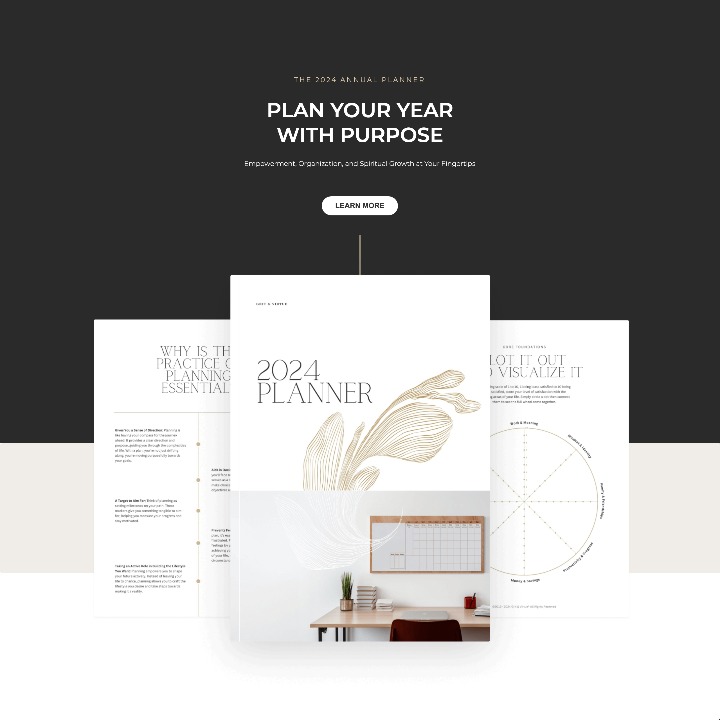


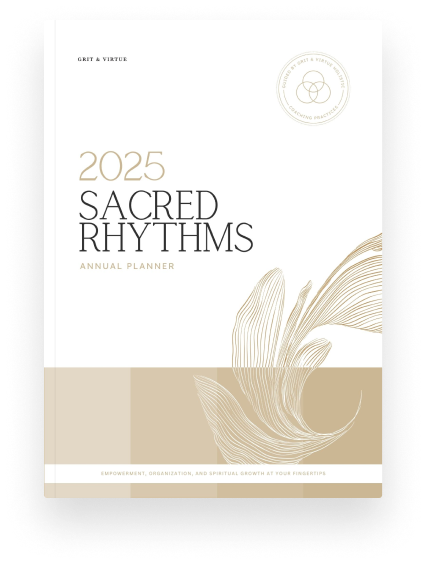


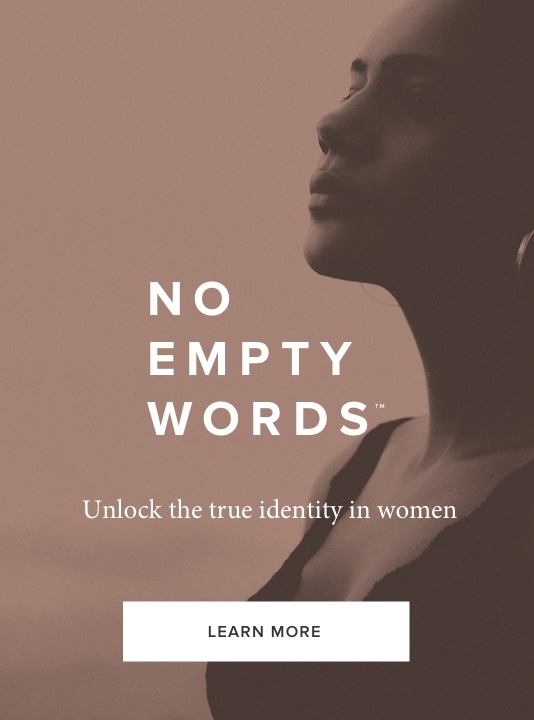

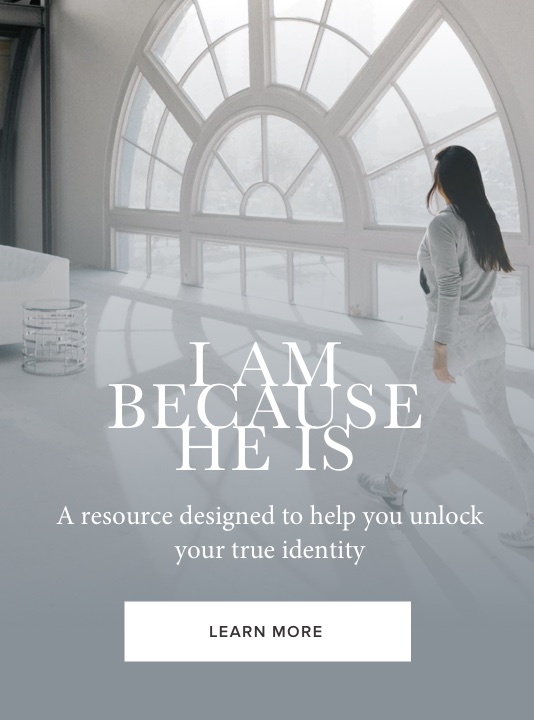


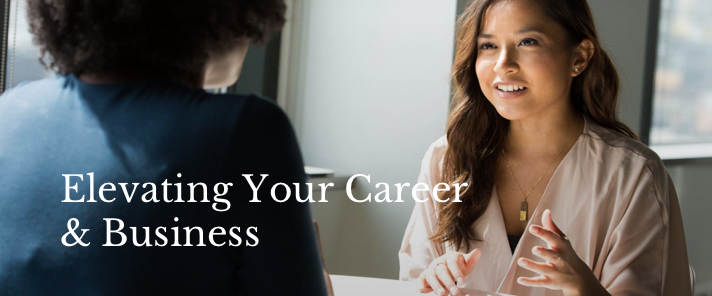


Wow thank you for this timely article. My husband and I have been heading down a similar path… and if things don’t change for us we may become like two ships passing in the night – which is NEVER what I want to happen. So this article was a firm but gentle reminder for me. Thanks for your vulnerability. x
Thank you for sharing Chloe! I understand completely, so and glad to journey with you!
This is such a good topic, and one that isn’t discussed hardly enough. In a world full of women empowerment at every corner it can over shadow the beauty of empowering women to embrace their families. Far too often we can be mislead to be ambitious at any cost. Love that you shared this perspective, and love that Grit & Virtue embraces the importance of family. XO
Didn’t realize this was Ash until I saw it at the end! SUCH a great piece. I would only add that working with whole people with boundaries, makes it so much more attainable to walk this out. When your team or boss doesn’t have boundaries this is really hard, well worth it but much harder than if you have a work team of like minded folks. I am finally blessed to have that now after a VERY hard season of “work-centered-ness” if that is even a word. Glad to NOT be on this journey alone.
So true friend! Love you so much!
Awesome article! and I love the advice about safe friends who you can be accountable to. It’s easy to hold these things to yourself, thinking that somehow others will think less of you if they realise you are anything other than perfect!